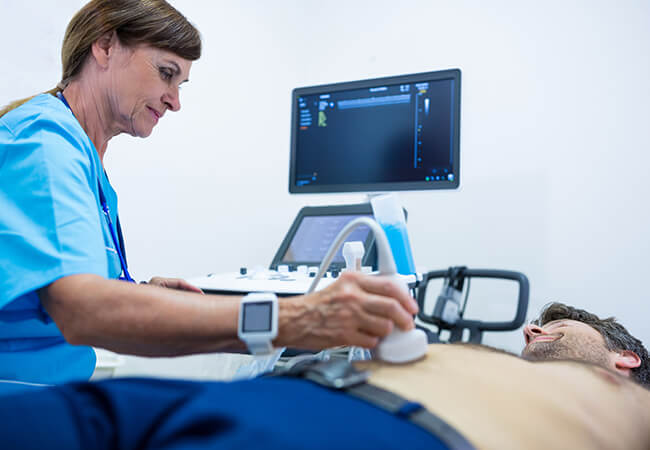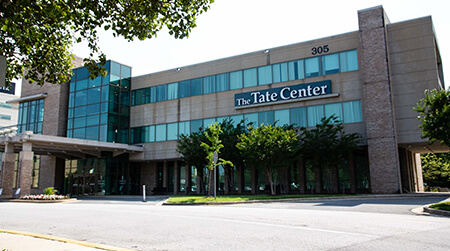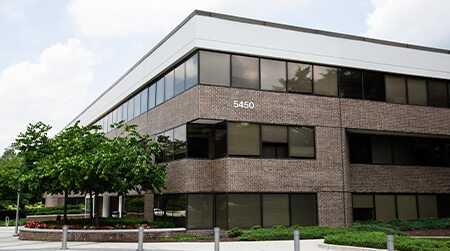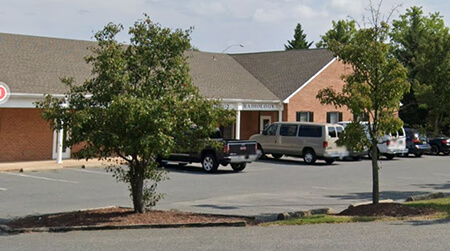


Stomach cancer, also called gastric cancer, creates malignant tumors in the stomach's lining. This disease threatens the internal structure of the stomach. Adenocarcinoma is the most common form of gastric cancer. Lymphoma is another form of stomach cancer that originates within the stomach veins, fat, and muscles. Stomach cancer can be treated with surgery, chemotherapy, designated treatment, or immunotherapy.
At Chesapeake Oncology-Hematology Associates (COHA), we specialize in treating stomach cancers using multiple therapies and treatments. We aim for early stomach cancer diagnosis and offer personalized treatment to our patients.

Different types of surgery are used to remove stomach cancer. Endoscopic resection, subtotal gastrectomy, and total gastrectomy are the procedures performed to remove stomach cancer.
The treatment uses high-energy rays or particles to kill cancer cells. Doctors can adopt this treatment to destroy cancer cells at an early stage. It impedes cancer growth while restricting the damage to nearby healthy tissue.
It utilizes strong chemical compounds to eliminate fast-developing malignant cells in your body. Depending on the patient’s medical condition, we use chemotherapy as a primary stomach cancer treatment option at COHA before or after surgery.
Targeted therapy is a stomach cancer treatment that utilizes drugs to target explicit genes and proteins engaged with the development and spread of cancer cells. This helps to prevent the growth of the cancer cells.
This cancer treatment assists your immune system in fighting cancer. Immunotherapy is a kind of biological treatment. The immune system is strengthened with medications to identify and destroy malignant cells and different sicknesses.

8:00 AM ~ 4:30 PM (M-F)

8:00 AM ~ 4:30 PM (M,T,T,F)
Wednesday -
Closed

8:00 AM ~ 4:30 PM (M-F)

8:00 AM ~ 4:30 PM(M-F)
Stomach cancer surgery generally requires staying in a hospital for 5 to 8 days. There might be weight loss due to a change in diet for a couple of months. Adjusting to different complex dietary changes over the following months is expected as the stomach heals. Speak with one of our providers for more specific details.
Symptoms can vary depending on the type of treatment. Nausea, loss of appetite, hair loss, diarrhea or constipation, mouth sores, fatigue, shortness of breath, and low white blood cell count are common side effects of various stomach cancer treatments.
Getting medical assistance and discussing treatment options must be the first step. Stomach cancer can be treated with surgery, radiation, chemotherapy, targeted treatment, or immunotherapy. Usually, a combination of treatments is utilized to treat stomach cancer.
Metastatic stomach cancer is a malignant growth that begins in the stomach and spreads to different body areas. Mostly, stomach cancer at this juncture happens to be at an advanced stage and spreads to multiple organs.
Metastatic or stage 4 stomach cancer progresses and spreads past the stomach. It starts affecting lymph nodes and different areas of the body. Stomach cancer will probably spread to the liver or peritoneum, which is the membrane lining of the stomach cavity.
Stomach pain, heartburn, bloody stool, vomiting, weight loss, appetite loss, difficulty swallowing, feeling full after eating small quantities of food, and fatigue are the most common metastatic stomach cancer symptoms.